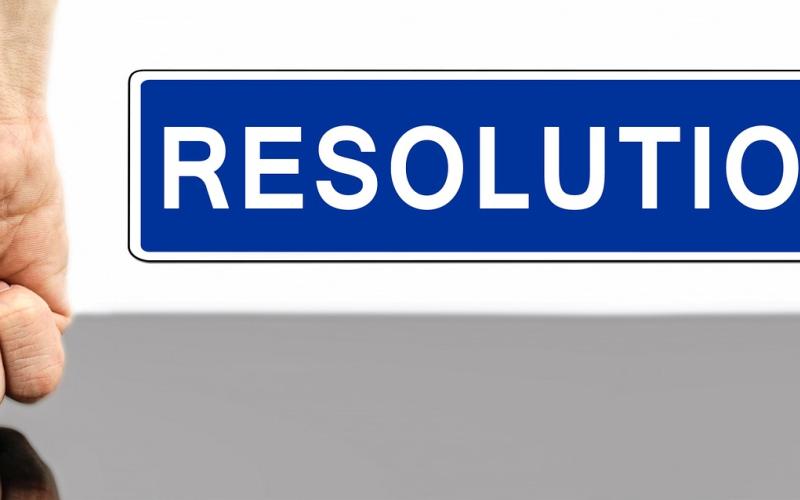
Photo Resolution by Geralt on Pixabay
It was my pleasure to mediate in a dispute last week. Reflecting on what worked and did not work, I wanted to share five ideas that I think you may find particularly useful.
First, and foremost de-escalate yourself and the situation. In my case since we were brought into mediate, the parties were already seriously at odds with one another. Each party seriously doubted that mediation would work, but they each agreed to give it a chance. This is a handout focusing on 10 steps to de-escalate many situations that I use to help myself and others to de-escalate. Some of the ideas presented in the link were helpful.
Second, listen to learn. Keep an open mind. Ask open ended questions. Explore the other party’s perspective even more than you may have already. Ask yourself and the other party open ended questions like:
What do you want to have happen?
What will it take for us/you to work together?
What do you hope to accomplish?
What would need to happen for you to feel satisfied?
What is the best case scenario?
Third, brainstorm together what might be solutions. No judging allowed. No negative comments. Let the ideas flow. See what comes up. Later you can discuss what the impacts might be (economic, social, environmental) and determine what rises to the top. Having discussed impacts it may be possible to evaluate the impacts and actually work together to determine the best solution. Collaboration when it works is really great.
Fourth, stay focused on the problem. Watch out for power plays. Call them for what they are. Indicate that you recognize the manipulation for what it is and call the the other party on it. There are some very good ideas on how to negotiate with someone who is more powerful than you from the Harvard Business Review. The article offers three critical do’s and don’ts. Come to the negotiation with these in your tool box if you feel the other party has more power than you.
Fifth, recognize when you need a mediator. When you are headed to court as these parties were, this is a step you should seriously consider that could save value resource and time as well as possible closure to the issue. If one party is not oriented towards movement, then there is no reason to waste each other’s time or the mediator’s time. However if the parties are each willing to make some concessions, then there is a chance and mediation should be explored.
In researching articles for this blog I also want to share with you “Top 10 Dispute Resolution Skills” from the Harvard Law School Program on Negotiation that you may find useful.
Michael Gregory, NSA, ASA, CVA, MBA, Qualified Mediator with the Minnesota Supreme Court is an international speaker that helps organizations resolve conflict and negotiate winning solutions. On point resources are available online at www.mikegreg.com and check out the blog. Mike may be contacted directly at mg@mikegreg.com or at (651) 633-5311.
